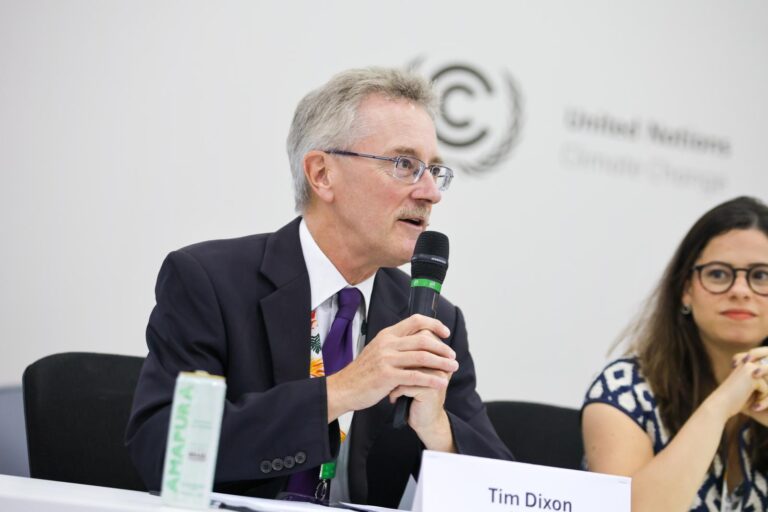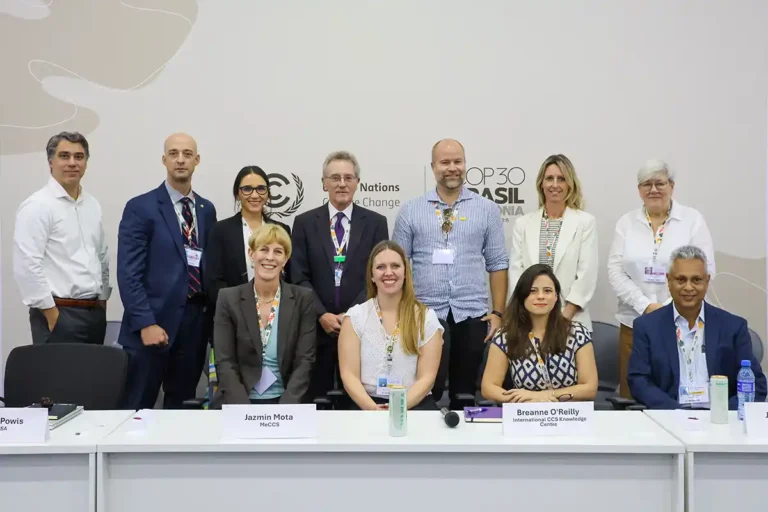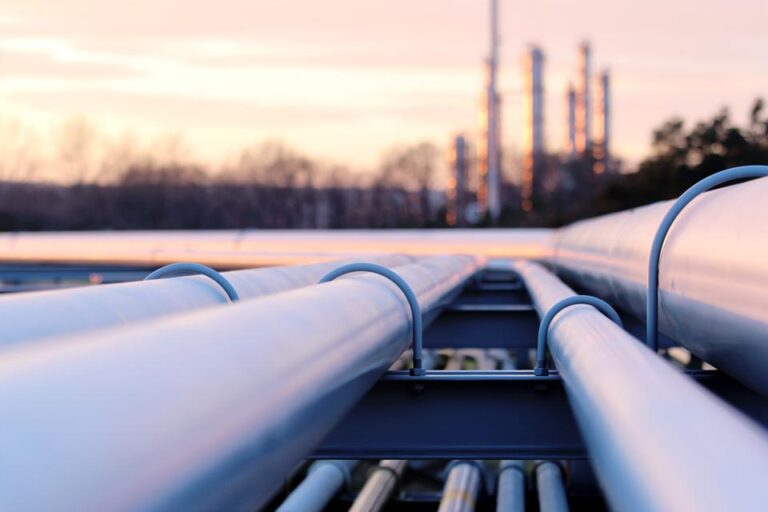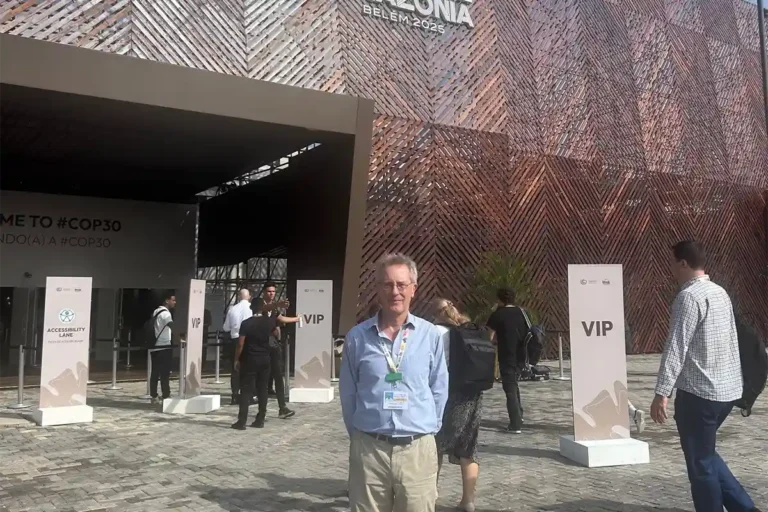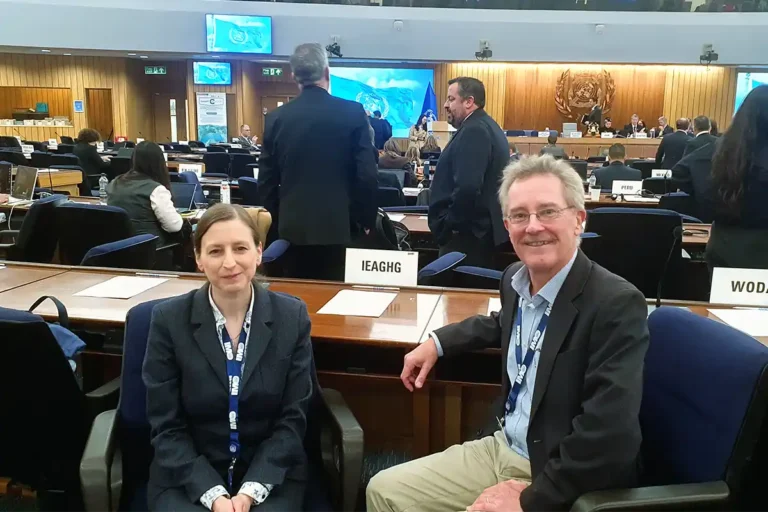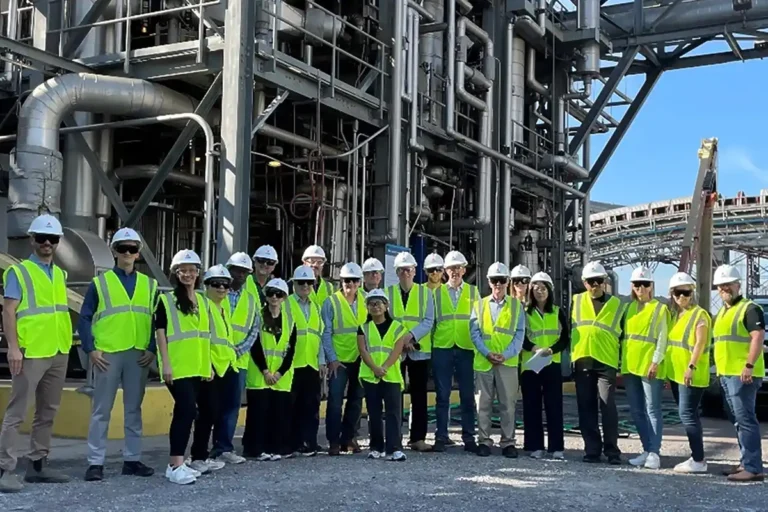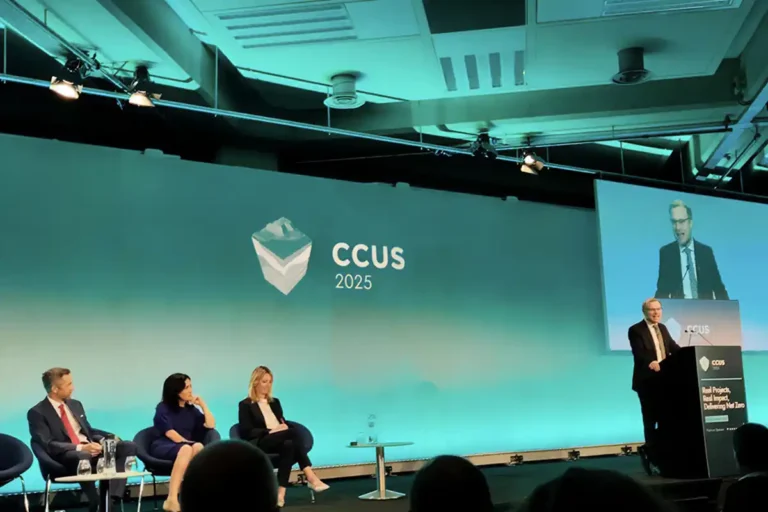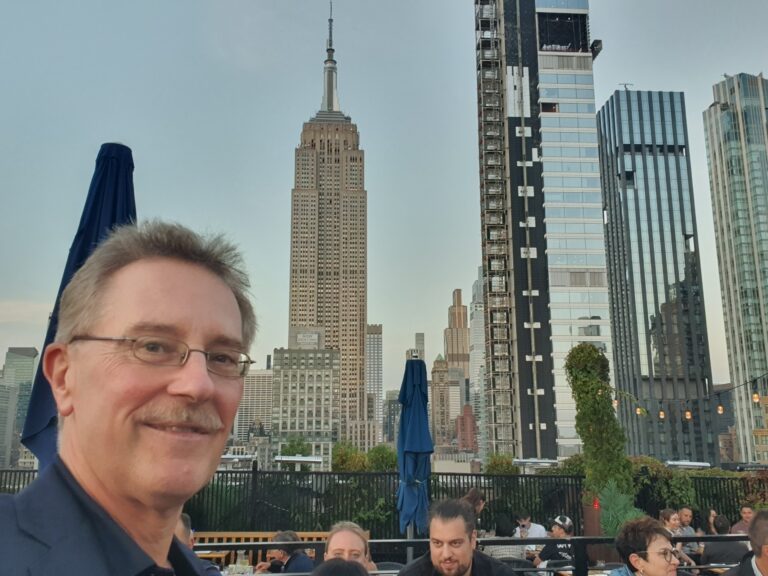
OPEC’s 4th Workshop on Energy Technology
24 May 2022


OPEC’s proactive initiative on the development of low carbon technology solutions, as part of the transition to meeting the 2050 Net Zero goal, was highlighted during their 4th workshop on Technology, held on 23rd May. The virtual event covered a series of topics including the circular carbon economy, carbon capture, transport and storage. Attention was also focused on CO₂ enhanced oil recovery, chemical synthesis using a CO₂ feedstock, hydrogen sourced from hydrocarbons and voluntary carbon markets. The first session, chaired by IEAGHG’s James Craig, began with key features which will govern the transportation of CO2 either by pipeline or sea tankers. The conclusion from a study commissioned by IEAGHG concluded that the most economic solution from countries with large industrial clusters near the coast, and offshore storage, is to ship the CO2 to a terminal before delivery via pipeline to an offshore storage site, as proposed by the Norther Lights project. Future options may vary depending on regional circumstances.
Dr. Noura Al-Mansouri from KAPSARC summarized how the organization is engaged with development of the carbon circular economy (CCE). KAPSARC have formulated a CCE Index which sets out to from a robust quantitative framework to measure country performance and progress towards national targets based on a CCE.
A CO2 capture technology based on a post-carbon amine solution linked to cyclone system was presented by Asam Rafi from Carbon Clean. The key benefit, claimed by the company, is lower cost compared to other similar capture systems and a smaller foot print to treat the same volume of flue gas. Cost reduction can be partially achieved by modular fabrication prior to site installation. Trials are being conducted at a gas turbine facility, an energy from waste site and at cement production plants.
Another capture technology, direct air capture (DAC), was highlighted by Dr. Amy Ruddock, from Carbon Engineering Ltd. DAC also lends itself to modular units that can be delivered to any location to form multiple units. The company began with a pilot plant in 2015.A first-of-a-kind DAC plant, cable of capturing 1 M tonnes a year of CO2, has reach a front-end engineering design (FEED) stage and could be operational by 2024.
The first session concluded with a summary of Equinor’s impressive contribution to CCS by Dr. Sveinung Hagen. The pioneering approach, began in 1996 with the Sleipner project, was followed by Snøhvit in 2008. The experience gained from these projects lay the foundation for Northern Lights, now under construction. Even greater scale-up is planned and by 2028 CO2 from locations across north-west European should be reaching offshore storage sites in the North Sea.
This workshop, as well as many others, reflects the growing expansion and confidence in global CCS development. For more information on the topics from the first session please go the following websites:
Other articles you might be interested in
Get the latest CCS news and insights
Get essential news and updates from the CCS sector and the IEAGHG by email.
Can’t find what you are looking for?
Whatever you would like to know, our dedicated team of experts is here to help you. Just drop us an email and we will get back to you as soon as we can.
Contact Us NowOther articles you might be interested in
Get the latest CCS news and insights
Get essential news and updates from the CCS sector and the IEAGHG by email.
Can't find what you are looking for?
Whatever you would like to know, our dedicated team of experts is here to help you. Just drop us an email and we will get back to you as soon as we can.
Contact Us Now

